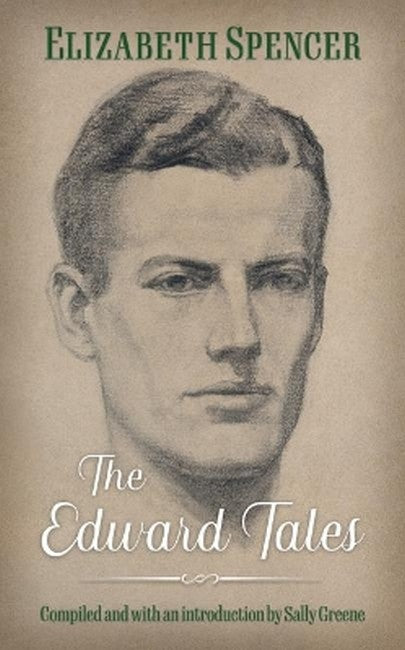Elizabeth Spencer (1921-2019) is author of nine novels, seven collections of short stories, a memoir, and a play. Her novella The Light in the Piazza (1960) was adapted for the screen in 1962 and transformed into a Broadway musical of the same name in 2005. She was a member of the American Academy of Arts and Letters and a charter member of the Fellowship of Southern Writers. Sally Greene is an independent scholar who specializes in the literature of twentieth-century British and American women. She is editor of Virginia Woolf: Reading the Renaissance, and her essays have appeared in Twentieth-Century Literature, Studies in the Novel, Southern Quarterly, Mississippi Quarterly, Southern Cultures, the American Scholar, and elsewhere.
Request Academic Copy
Please copy the ISBN for submitting review copy form
Description
In these understated stories, Elizabeth Spencer reveals characters in moments of persuading; sometimes, they, themselves, must change. Pointing to ordinary yet vivid detail, she animates characters to operate in near pantomime while remaining alert to language. What she invokes is handled with extreme care: a character's gentle expression, a reference to an unstated rule, half-phrases and hand gestures, or having the characters question whether a word or phrase really conveys their intentions. Hearing is so important in a Spencer story, yet so is our sense of sight: our eye follows the direction of the invisible world's scaffolding beneath the social surface.--Ann Beattie Reading this fine, newly collected work of the great Elizabeth Spencer only makes me wish there were more of these little masterpieces to look forward to.--Richard Ford The stories Elizabeth Spencer wrote about Edward Glenn are among the finest of her late works. In each story Edward stands off-center, a bit mysterious--he's not the main character in any of them but he does make things happen, and the links between them will make any reader curious. The gaps and ellipses gesture toward another story that lies just off the page, leaving us wanting.--Michael Gorra, author of The Saddest Words: William Faulkner's Civil War Considering her writing attracted some of the nation's finest publishers, numerous literary awards and fellowships, and extensive scholarly attention over six decades, it may be preposterous to suggest that Spencer is insufficiently revered in her home state and region. And yet I cannot help but believe that she is edged out of certain literary conversations by the achievements of Miss Welty, among others. That being said, The Edward Tales earnes Elizabeth Spencer another space on the crowded shelf.--John Parrish Peede "Valley Voices"

